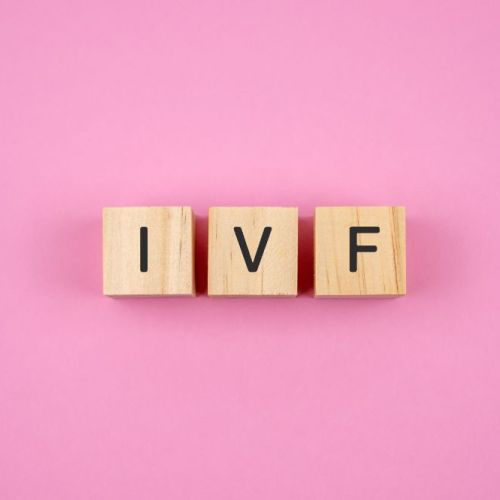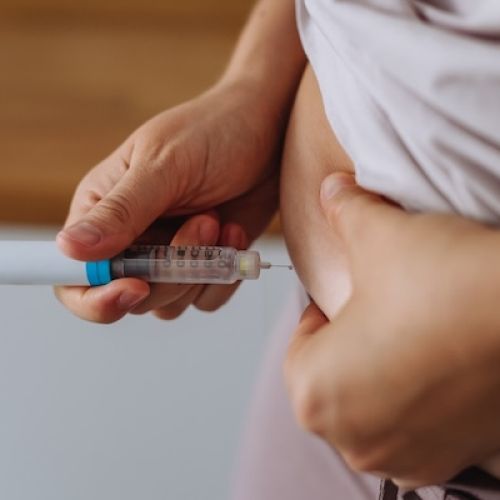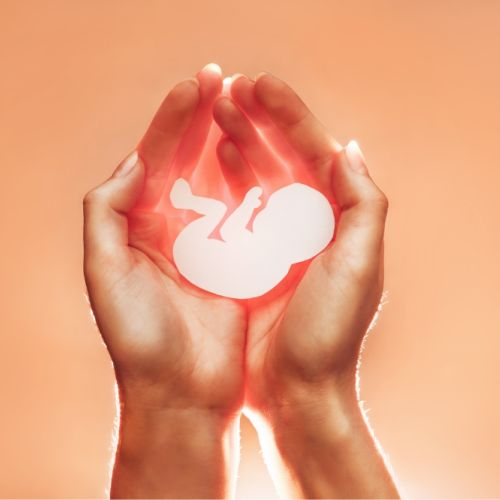Planning for the Future: The Facts on Egg Freezing and Donation

When it comes to planning for one’s reproductive future, women have two major options that differ quite a bit from one another: egg freezing and egg donation. Two different paths depending on what it is you’re looking to accomplish, but important to know about. The process for each is similar, but the question you will have to ask yourself is “what are you hoping to accomplish?” Do you hope to keep your eggs preserved for later in life when you’re ready to start building a family? Do you want to provide a couple that is having difficulty conceiving some hope by giving them one of your eggs while you’re at the prime age? Maybe you’re even interested in both.
While you would want to speak to a medical professional who is a fertility specialist about these procedures, it’s always good to go into your appointment with some basic information about the procedure you may be interested in. If you are a woman in good health and in the prime years for childbirth looking to plan for the future, here are the facts you need to know pertaining to both egg freezing and egg donation.
The process for both
Once you and your doctor confirm that one of these procedures is right for your particular situation and would help you achieve your goals, the process will begin to get you prepared for the procedure. What you need to know is that hormone injections will be involved. This often lasts only a couple weeks. Often patients think this will be a months long procedure, but that’s not true. It’s rare to experience an overwhelmingly negative reaction to hormonal treatment. But you may experience some minimal side effects. Everyone responds differently.
Once your doctor determines that the time is right to retrieve the eggs that have been matured through the hormone treatment process, you’ll come in for the procedure. Note that this is somewhat invasive. It is considered a low-risk procedure, however. Anesthesia will be used. Once the eggs are successfully removed, they will be moved to a laboratory for next steps. If that’s freezing, they will be stored. If it’s for donation, then they will move on in the process of getting matched with a family in need. This process won’t impact your ability to naturally have children afterwards.
Why opt for egg freezing?
More and more women are opting to freeze their eggs and are doing so at younger ages than ever. This leads one to wonder why. If you’re a woman who isn’t currently with a partner that you want to start a family with or you’re in the midst of completing a degree or navigating a career, it’s probably obvious to you why you’d want to freeze your eggs. It’s for peace of mind. It’s so you can feel a bit better knowing you’ll have a chance to have a child of your own even if it’s a bit later in your life and on your own terms.
The vast majority of women who choose to freeze their eggs do so voluntarily. Now is simply not the right time for them and they would prefer to have the option in their later years without running the risk of it being too late. This is completely understandable. But in some instances, you may choose to freeze eggs out of necessity. For example, if you’ve been diagnosed with cancer, the treatments involved could trigger premature menopause. In that instance, you would be unable to naturally have a child. If you’ve received a cancer diagnosis, egg freezing increases your chances of being able to have a child after successful treatment.
What does egg donation entail?
Egg donation is a wonderful way to help a family struggling as they try to have children, but are encountering difficulty. This could mean helping women who would have been good candidates for egg freezing earlier in life, assisting women who have medical conditions that make it impossible or very difficult to have children naturally, or helping a same-sex male couple have a biological child. No matter who ends up getting your eggs, it’s a great way to make a positive impact in some else’s life.
Conclusion
If you’re a woman who is in the biologically prime years of her life to have a child, but you’re not necessarily looking to have one now, there are options available to you as far as planning for your future or helping another family in need. The process is fairly involved, which is why you’ll want to speak with your doctor as soon as possible to see what the next steps are. Contact us today. The team at California Center for Reproductive Help is here to help you achieve your goals when it comes to your future.




